
Best Practices for PPC Campaign Management | Expert Tips
PPC (Pay-Per-Click) advertising stands out as a digital marketing strategy where advertisers pay a fee for each click on their ad. This method enables businesses to showcase ads on search engines and other platforms, targeting users based on keywords, demographics, and interests. It's a highly effective form of advertising because it directly reaches users actively seeking specific products or services, significantly increasing the chances of conversion.
Platforms like Google Ads and Bing Ads facilitate the management of PPC campaigns. They offer tools for keyword research, ad creation, and performance tracking. Effective management of PPC campaigns is crucial for maximizing ROI, and ensuring that ads are well-targeted, relevant, and optimized for conversions. By delving deeper into PPC campaign management, businesses can refine their strategies and achieve greater success in their digital advertising efforts.
Importance of Effective PPC Campaign Management

Image source: searchenginejournal
Effective PPC campaign management is essential for businesses looking to maximize their Return on Investment (ROI) in digital advertising. Proper management ensures that PPC campaigns are targeted, optimized, and aligned with business goals, leading to higher conversion rates and increased revenue.
-
Targeted Advertising: The use of PPC allows advertisers to target specific audiences based on their demographics, interests, and search intent, ensuring that their ads are displayed to people who are most likely to be interested in them.’
-
Cost-Effective: With PPC, advertisers only pay when their ad is clicked, making it a cost-effective advertising method compared to traditional forms of advertising.
-
Measurable Results: The performance metrics provided by PPC platforms let advertisers track the success of their campaigns in real-time and adjust accordingly.
-
Improved Brand Visibility: PPC ads appear at the top of search engine results pages, increasing brand visibility and awareness among users actively searching for related products or services.
-
Increased Website Traffic: A well-optimized PPC campaign can drive targeted traffic to a website, increasing the likelihood of conversions and sales.
Set Clear Goals

Image source: crosbydigitalmarketing
Setting clear goals is essential for any successful PPC (Pay-Per-Click) campaign. These goals serve as a roadmap, guiding your campaign strategy and helping you measure success. Here are some key steps to set clear goals for your PPC campaign:
-
Define Specific Objectives: Start by clearly defining what you want to achieve with your PPC campaign. Are you looking to increase website traffic, boost conversions, improve brand awareness, or achieve another specific goal? The more specific you can be, the easier it will be to measure your progress.
-
Make Goals Measurable: It's important to ensure that your goals are measurable so that you can track your progress and determine the success of your campaign. For example, if your goal is to increase website traffic, you can measure this by tracking the number of visitors to your site from your PPC ads.
-
Set Realistic Targets: While it's important to set ambitious goals, it's also essential to be realistic. Consider factors such as your budget, industry competition, and previous campaign performance when setting your targets.
-
Align Goals with Overall Business Objectives: Your PPC campaign goals should align with your overall business objectives. For example, if your business goal is to increase sales by 20% this year, your PPC campaign goals should support this objective.
Keyword Research and Selection

Image source: disruptiveadvertising
Keyword research is a fundamental step in any successful PPC (Pay-Per-Click) campaign. Here's how to conduct keyword research and select the most effective keywords for your campaign:
-
Conduct Thorough Keyword Research: Create a list of relevant search terms and phrases that potential customers might use to find you. If you wish to expand your keyword list and identify additional keywords, you can use tools like Google Keyword Planner, SEMrush, or Ahrefs.
-
Prioritize Keywords: Once you have a list of keywords, prioritize them based on their relevance to your business, search volume, and competition level. Focus on keywords that are highly relevant to your offering and have a good balance of search volume and competition.
-
Utilize Keyword Research Tools: Using Google Keyword Planner, you can find out the search volume and competition for any keyword you choose. More advanced tools like SEMrush and Ahrefs can help you make more informed decisions, including competitor analysis and keyword difficulty scores.
-
Analyze Competitor Keywords: Take a look at the keywords that your competitors are targeting in their PPC campaigns. This can give you valuable insights into which keywords are driving traffic to their sites and help you identify new opportunities for your own campaign.
-
Consider Long-Tail Keywords: You can also target long-tail keywords, which are longer, more specific phrases, in addition to broad keywords. Due to their more targeted nature, these keywords usually have a higher conversion rate, despite having lower search volume.
-
Monitor and Adjust: Keyword research is an ongoing process. Make sure you monitor and adjust your keywords' performance regularly. Improve your campaign's effectiveness by adding new keywords, removing underperforming ones, and refining your targeting.
By conducting thorough keyword research, prioritizing keywords based on relevance and performance, and utilizing tools like Google Keyword Planner, SEMrush, or Ahrefs, you can optimize your PPC campaign for success.
Ad Copy Optimization

Image Source: ossisto
Ad copy optimization is crucial for a successful PPC campaign. Here are some key points to consider:
-
Craft Compelling Ad Copy: Your ad copy should be engaging and relevant to the user's search intent. Focus on highlighting the benefits of your product or service and why users should choose you over competitors.
-
Include Relevant Keywords: Incorporate your target keywords into your ad copy, including in the headline, description, and display URL. This helps to improve ad relevance and can lead to higher click-through rates.
-
Test Different Variations: A/B tests different ad copy variations to identify which ones perform best. Test different headlines, descriptions, and calls to action to optimize your ads for maximum effectiveness.
By crafting compelling ad copy that aligns with user intent, including relevant keywords, and testing different variations, you can improve the performance of your PPC campaigns and maximize your ROI.
Landing Page Optimization

Image Source: uplers
Landing Page Optimization is crucial for maximizing the effectiveness of digital marketing campaigns. By aligning landing pages with ad messaging and keywords, businesses can enhance user experience and drive higher conversion rates.
One key strategy is to ensure that the landing page mirrors the ad's messaging, creating a seamless transition for the user. This not only reinforces the ad's message but also helps in maintaining the user's interest.
Additionally, including clear and compelling calls-to-action (CTAs) is essential. CTAs should be prominently displayed and use persuasive language to encourage visitors to take the desired action, such as making a purchase or signing up for a newsletter.
Another important aspect of landing page optimization is to prioritize speed and mobile responsiveness. Slow-loading pages can lead to high bounce rates, negatively impacting conversions. Mobile responsiveness is crucial as more users access websites from mobile devices. Optimizing for mobile ensures that users have a seamless experience regardless of the device they use.
In conclusion, landing page optimization plays a critical role in improving user experience, increasing conversions, and maximizing the ROI of digital marketing campaigns. By implementing these strategies, businesses can create more effective landing pages that drive results.
Bid Management
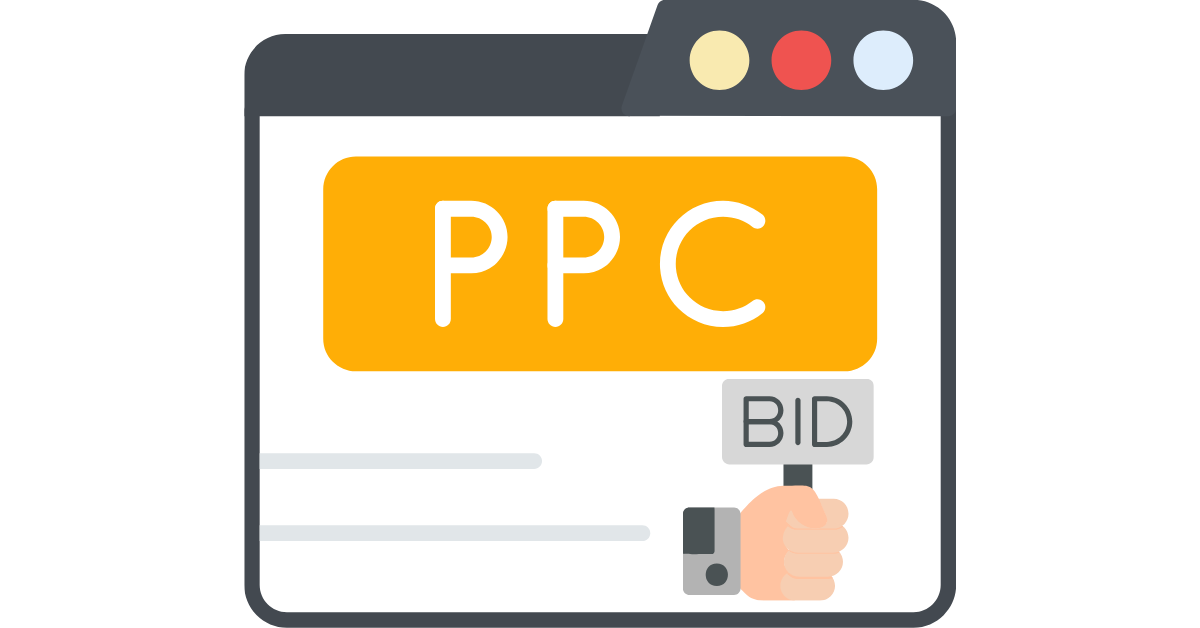
Image Source: scandiweb
Bid management is a crucial component of any successful pay-per-click (PPC) advertising campaign. By monitoring bids regularly and making adjustments based on performance data, advertisers can ensure that their ads are shown in optimal positions to maximize visibility and clicks.
One key aspect of bid management is to monitor bids regularly to maintain optimal ad positions. This involves analyzing performance data, such as click-through rates (CTRs) and conversion rates, to determine if adjustments are needed.
Adjusting bids based on performance data is essential for optimizing campaign performance. Increasing the bid may be beneficial for a keyword whose CTR is high but the conversion rate is low, resulting in improved ad position and increased conversions.
Utilizing automated bidding strategies can also help streamline bid management and improve efficiency. Strategies like Target CPA (cost per acquisition) or Maximize Conversions use machine learning to adjust bids automatically based on performance data, helping advertisers achieve their desired outcomes more effectively.
In conclusion, effective bid management is essential for maximizing the performance of PPC advertising campaigns. By monitoring bids regularly, adjusting based on performance data, and utilizing automated bidding strategies, advertisers can improve ad positioning, drive more conversions, and achieve a higher return on investment (ROI) from their campaigns.
Ad Extensions
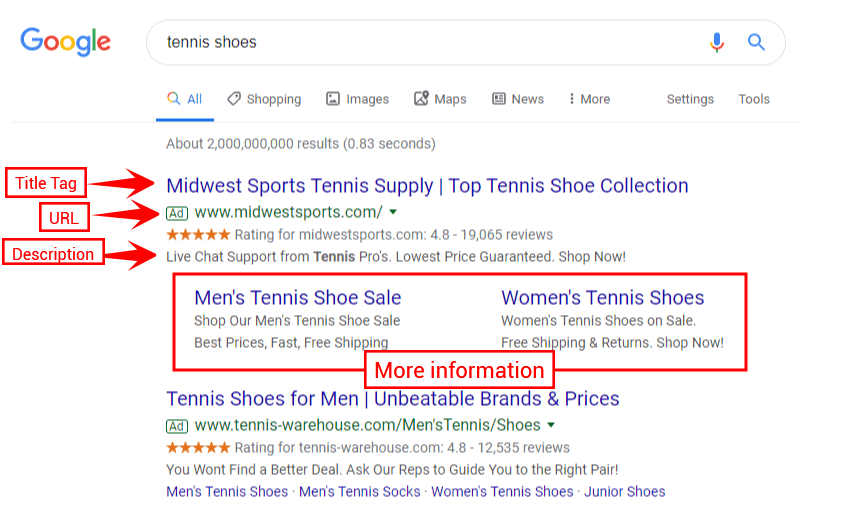
Image source: webfx
Ad extensions are a valuable component of any PPC advertising strategy, offering additional information to users and enhancing ad visibility. Here's a closer look at how different ad extensions can benefit your campaigns:
-
Extensions for Sitelinks: This feature allows you to include additional links in your ads, which go to specific pages on your website. User experience can be improved through the use of sitelinks, which provide quick access to relevant information, such as product pages, services, or promotions. They can also increase the likelihood of users clicking on your ad by offering more options to explore.
-
Callout Extensions: Callout extensions allow you to highlight key features or benefits of your products or services. They appear as additional text in your ad, separate from the main ad copy. Callouts can help differentiate your ad from competitors, showcase unique selling points, and persuade users to click by highlighting what makes your offering stand out.
-
Location Extensions: For businesses with physical locations, location extensions are essential. The ad includes your business address, phone number, and a map marker. Making it easy for users to locate and contact your store with location extensions can drive foot traffic to your store. They also enhance trust and credibility, especially for users looking for local businesses.
Tailoring ad extensions to align with your campaign goals and user intent is crucial. By understanding your audience and their needs, you can choose the most relevant ad extensions to enhance your ads' effectiveness and drive better results.
Negative Keywords

Image Source: ppcmania
Negative keywords play a crucial role in refining your PPC campaigns and ensuring that your ads are shown to the most relevant audience. These keywords help filter out search queries that are not likely to lead to conversions, thereby preventing your ads from appearing in front of users who are unlikely to engage with your offering.
Regularly reviewing search term reports is key to identifying new negative keywords. By analyzing these reports, you can uncover search terms that are triggering your ads but are not relevant to your business. Adding these terms as negative keywords helps you save ad spend and improve the overall performance of your campaigns.
Implementing negative keywords is a proactive approach to refining your targeting strategy. It allows you to focus your ad spend on users who are more likely to convert, ultimately leading to a higher ROI for your PPC campaigns.
Ad Scheduling
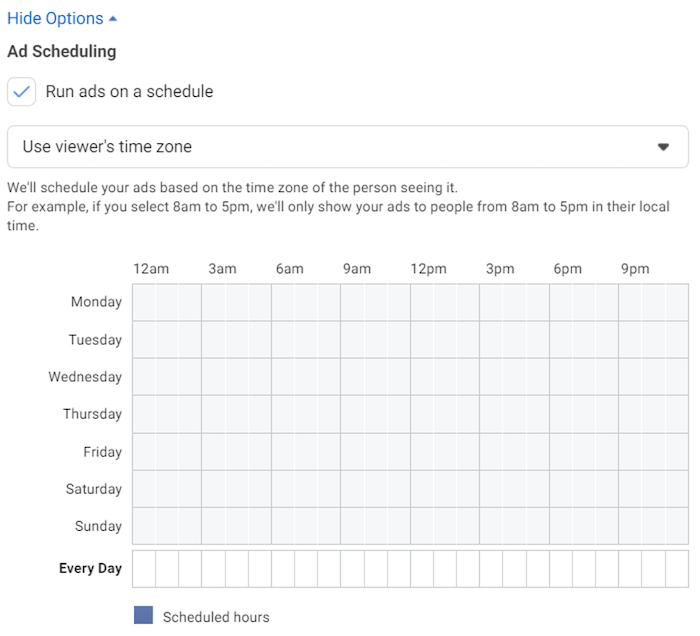
Image Source: wordstream
Ad scheduling, also known as dayparting, is a crucial aspect of PPC advertising that can significantly impact campaign performance. By analyzing performance data, advertisers can determine the optimal times for displaying their ads, ensuring they reach their target audience when they are most likely to convert.
Adjusting ad scheduling based on peak times of user activity and conversion rates is essential for maximizing the effectiveness of your campaigns. By showing your ads during these high-performance periods, you can increase the likelihood of users taking the desired action, whether it's making a purchase, signing up for a service, or submitting a form.
It's also important to consider time zone differences when scheduling ads for target audiences in different locations. By scheduling ads to display at times that align with your target audience's local time, you can improve the relevance of your ads and increase the chances of engagement.
Overall, effective ad scheduling can help you optimize your ad spend, improve campaign performance, and achieve better results from your PPC advertising efforts.
Performance Tracking and Analysis
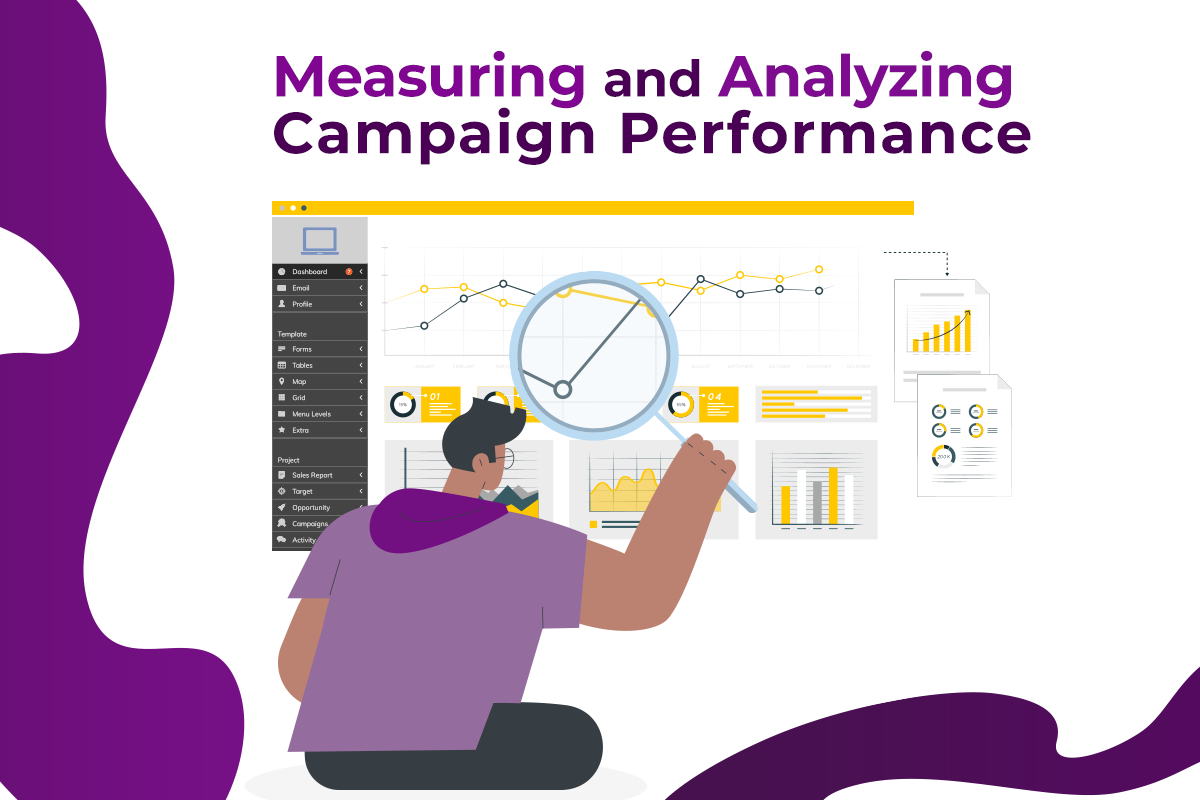
Image Source: mixdigital.agency
Performance tracking and analysis are essential components of any successful PPC campaign. By utilizing analytics tools like Google Analytics and Google Ads, advertisers can track various key metrics to assess the performance of their campaigns and make informed decisions to optimize them further.
Monitoring metrics such as click-through rate (CTR), conversion rate, cost-per-click (CPC), and return on investment (ROI) provide valuable insights into the effectiveness of your campaigns. These metrics help you understand how well your ads are performing and where there may be opportunities for improvement.
Using data insights from performance tracking, advertisers can make informed adjustments and optimizations to their campaigns. For example, if a particular ad is not performing well, you can adjust the targeting, ad copy, or bidding strategy to improve its performance. Similarly, if certain keywords are driving a high ROI, you can allocate more budget to those keywords to maximize your returns.
Overall, effective performance tracking and analysis are essential for optimizing PPC campaigns and maximizing their impact. By monitoring key metrics and using data-driven insights, advertisers can continuously improve their campaigns and drive better results.
A/B Testing
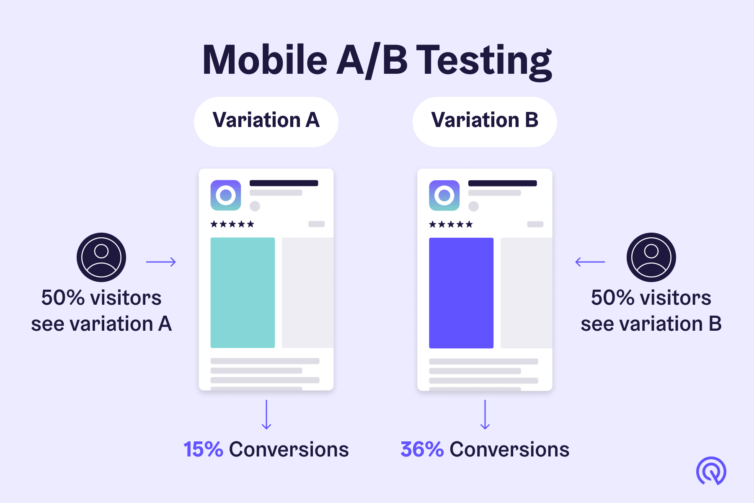
Image Source: appradar
A/B testing is a vital strategy in PPC advertising that involves testing different elements of your campaigns to determine which variations perform best. By continuously testing and optimizing your campaigns, you can improve their performance and maximize your ROI.
Experimenting with variations in ad copy, landing page design, and targeting parameters allows you to identify what resonates most with your audience. For example, you can test different headlines, calls-to-action, or images in your ads to see which combination drives the highest click-through rates and conversions.
Analyzing test results is critical to understanding which elements are contributing to your campaign's success. By examining metrics such as CTR, conversion rate, and ROI, you can identify patterns and trends that can help you make informed decisions about optimizing your campaigns further.
Implementing changes based on data-driven insights allows you to refine your campaigns over time, ensuring that you are continuously improving performance. By iteratively testing and optimizing your campaigns, you can drive better results and achieve your advertising goals more effectively.
Budget Management

Image Source: fiuti
Effective budget management is crucial for maximizing the performance of your PPC campaigns. By setting and allocating budgets effectively, monitoring spending closely, and adjusting budget distribution based on performance data, you can ensure that your campaigns are aligned with your goals and ROI targets.
Setting and allocating budgets effectively involves determining how much to spend on each campaign and ad group to achieve your desired results. This may involve allocating more budget to high-performing campaigns or reallocating budget from underperforming ones.
Monitoring spending closely is essential to ensure that your campaigns stay within budget. By regularly reviewing your spending and comparing it to your goals and ROI targets, you can identify any areas where adjustments may be needed.
Adjusting budget distribution based on performance data and campaign priorities allows you to optimize your spending for maximum impact. For example, if a campaign is performing well and driving a high ROI, you may choose to allocate more budget to it to capitalize on its success.
Overall, effective budget management is key to running successful PPC campaigns. By setting clear goals, monitoring spending closely, and adjusting budget distribution based on performance data, you can ensure that your campaigns are efficient, effective, and aligned with your overall marketing strategy.
Regular Performance Reviews and Optimization

Image Source: searchenginejournal
Regular performance reviews and optimization are essential for maintaining the effectiveness of your PPC campaigns. By conducting regular reviews of campaign performance and metrics, you can identify areas for improvement and implement optimization strategies accordingly.
Identifying areas for improvement involves analyzing key metrics such as CTR, conversion rate, and ROI to understand how well your campaigns are performing. By identifying areas where performance is lacking, you can develop strategies to improve results.
Implementing optimization strategies based on your findings allows you to make data-driven decisions to improve campaign performance. This may involve adjusting ad copy, targeting parameters, or bidding strategies to better align with your goals and target audience.
Staying updated with industry trends and changes in PPC platforms is also crucial for adapting your strategies as needed. By staying informed about new features and best practices, you can ensure that your campaigns remain competitive and effective.
Overall, regular performance reviews and optimization are key to running successful PPC campaigns. By continuously evaluating and refining your strategies, you can maximize the impact of your campaigns and achieve your advertising goals.
Related: Importance Of Social Media Marketing For Businesses
Conclusion
In conclusion, effective PPC campaign management requires adherence to key best practices. These include setting clear goals, conducting thorough keyword research, creating compelling ad copy, and optimizing landing pages.
Moreover, ongoing monitoring, optimization, and adaptation are crucial for success in PPC advertising. Regularly reviewing campaign performance metrics, such as CTR, conversion rate, and ROI, allows advertisers to identify areas for improvement and implement optimization strategies accordingly.
Additionally, staying updated with industry trends and changes in PPC platforms is essential for adapting strategies to remain competitive. By continuously monitoring, optimizing, and adapting campaigns, advertisers can maximize the effectiveness of their PPC efforts and achieve their advertising goals.





Leave A Comment